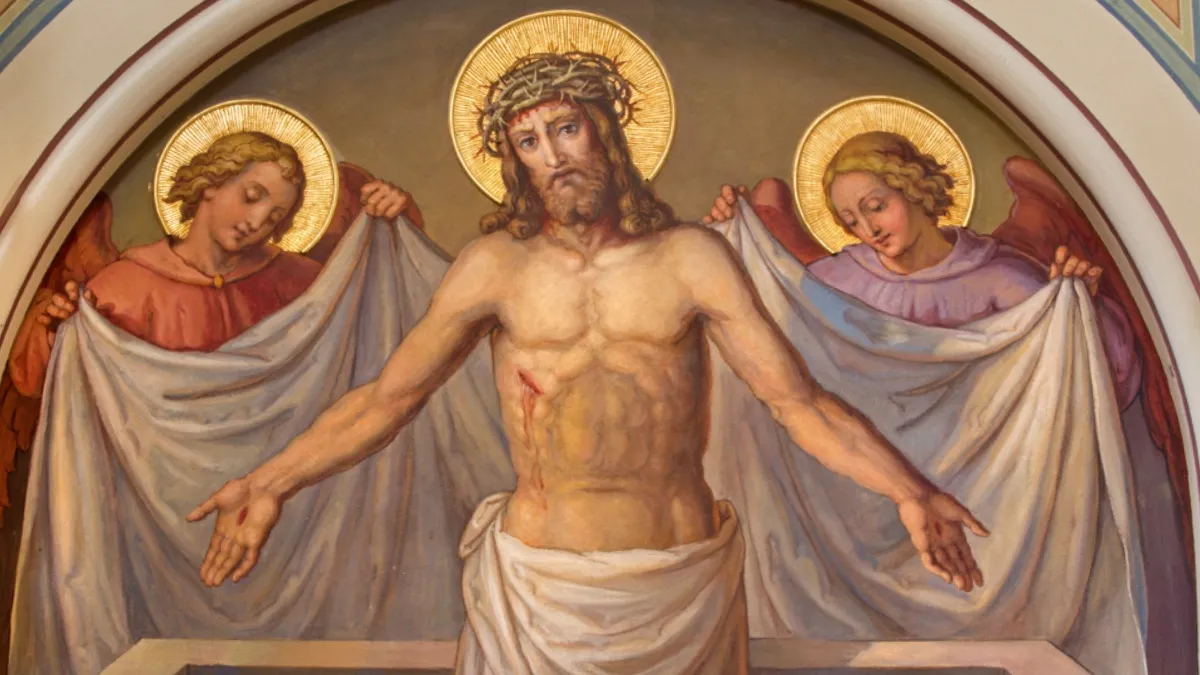Easter, a widely celebrated holiday, is often associated with symbols like bunnies, colorful eggs, and chocolate-filled baskets. However, it’s important to note that these elements are not directly tied to the holiday’s significance. Easter primarily commemorates the Christian observation of the resurrection of Jesus Christ, a central event in Christian theology.
According to biblical accounts, Jesus died on a Friday and rose from the dead on Sunday morning, fulfilling prophecies and affirming his divinity. One of the most cited verses regarding the timing of Jesus’ death and resurrection is Matthew 12:40, which mentions “three days and three nights in the heart of the earth.”
While this may seem to present a discrepancy in the timeline, there are several explanations that shed light on the matter and reconcile the apparent discrepancy:
- Consideration of Other Bible Verses: Although Matthew 12:40 specifies “three days and three nights,” other biblical passages, such as Luke 18:33, refer to Jesus rising from the dead on the third day. This variation in wording suggests a broader interpretation of the time frame, aligning with the understanding that Jesus died on Friday and rose on Sunday, which constitutes three days.
- Understanding Time Measurement in Biblical Context: In biblical times, the concept of measuring time was different from modern standards. A day was considered to encompass any part of a day, so “three days and three nights” could refer to a period as short as a day and a few seconds. This understanding helps reconcile the discrepancy between the specified duration and the actual time frame of Jesus’ death and resurrection.
- Interpretation of “Three Nights”: The mention of “three nights” in Matthew 12:40 may not necessarily refer to consecutive nights but could symbolically represent Jesus’ time spent in the “heart of the earth.” This interpretation accounts for Jesus’ arrest on Holy Thursday, his burial on Friday night, and his subsequent presence in the tomb for two nights, fulfilling the prophetic statement.
Ultimately, the specific number of days and nights between Jesus’ death and resurrection may hold symbolic significance rather than strict chronological accuracy. For many Christians, the focal point of Easter is not the duration of time but the profound significance of Jesus’ resurrection, which symbolizes hope, redemption, and eternal life.


